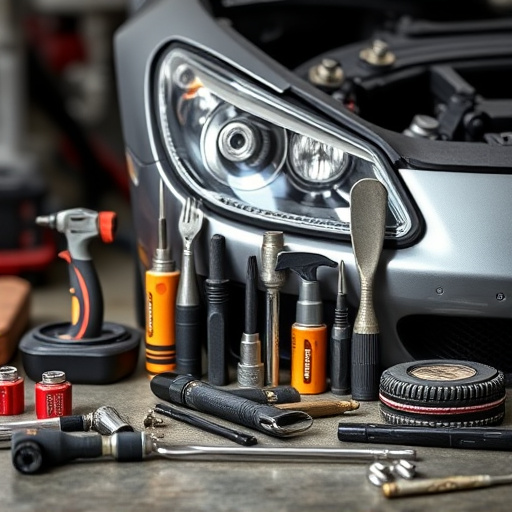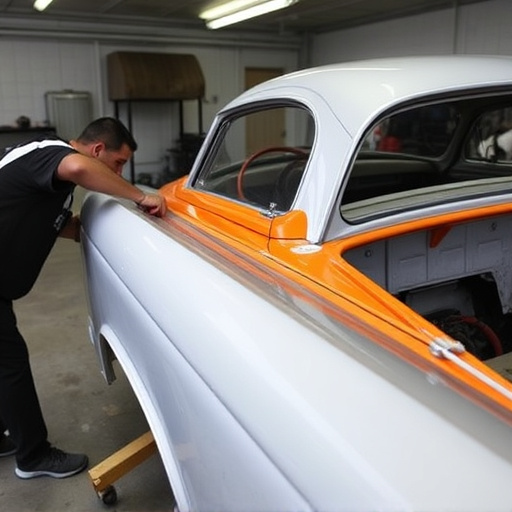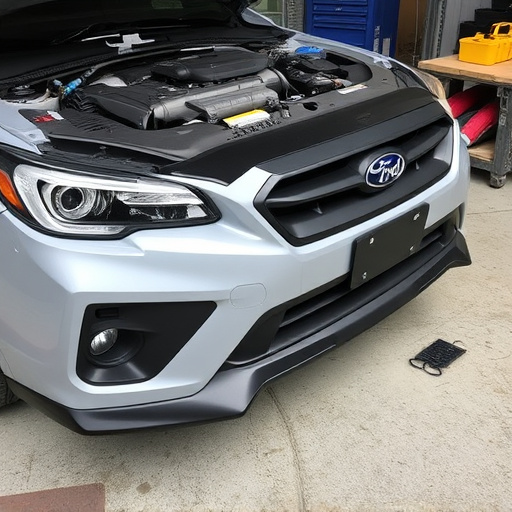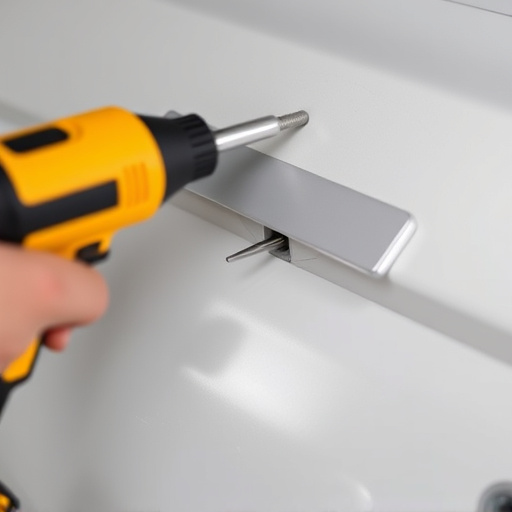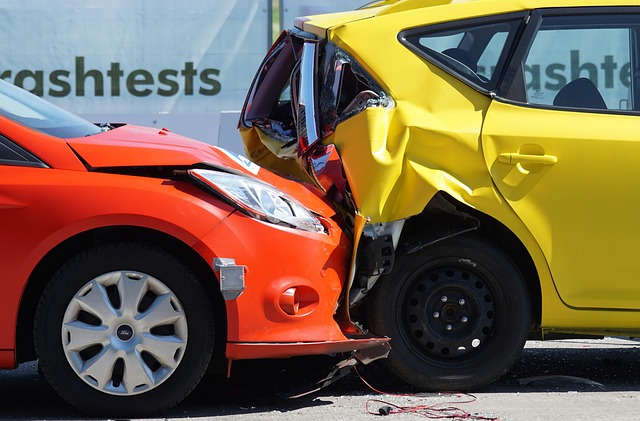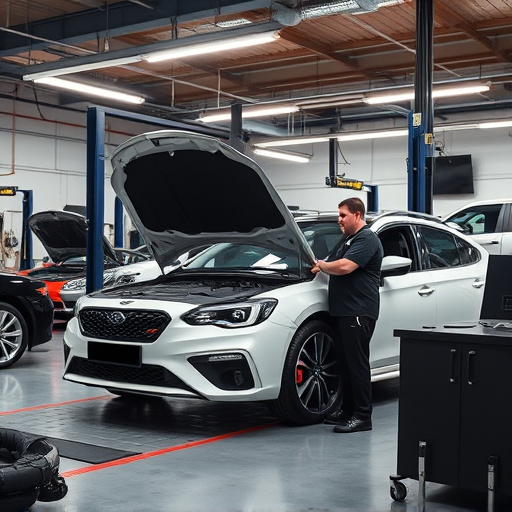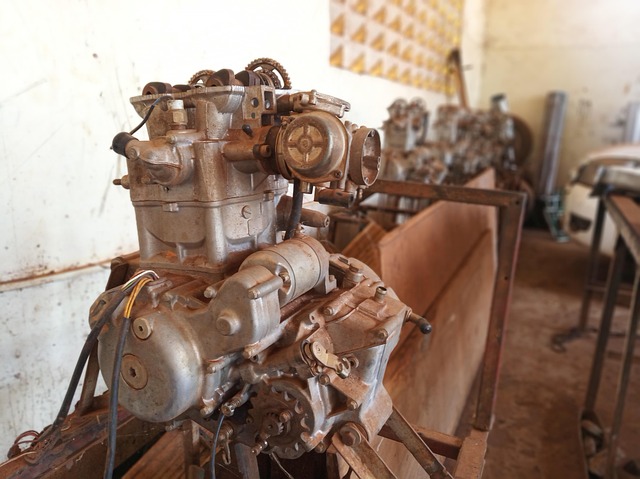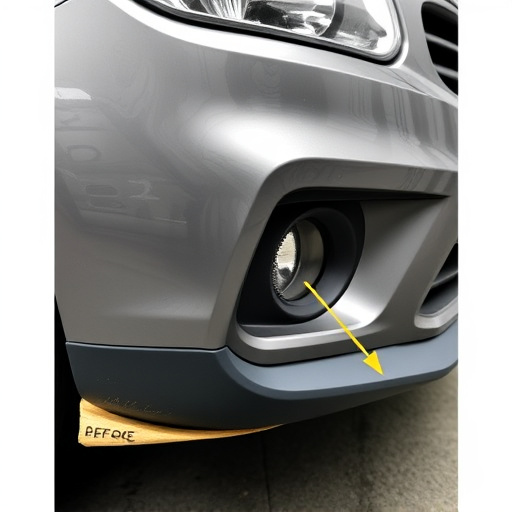After a road accident, visit a highway collision center for immediate support. They offer specialized auto body repair, from minor damages to structural issues, with convenient services. Centers provide guidance on repairs, emotional support, and resources like counseling to aid recovery. Prioritize safety, document damage, and receive transparent quotes for informed decisions.
After a car accident, navigating the process of repairs can be overwhelming. That’s where highway collision centers step in as vital support systems. These specialized facilities offer a range of services from assessment and repair to insurance claims assistance. This article guides you through understanding highway collision center operations, provides practical steps post-arrival, and highlights resources available for emotional recovery, ensuring a smoother transition back to the road.
- Understanding Highway Collision Center Services
- Steps After Arriving at the Collision Center
- Support and Resources for Emotional Recovery
Understanding Highway Collision Center Services
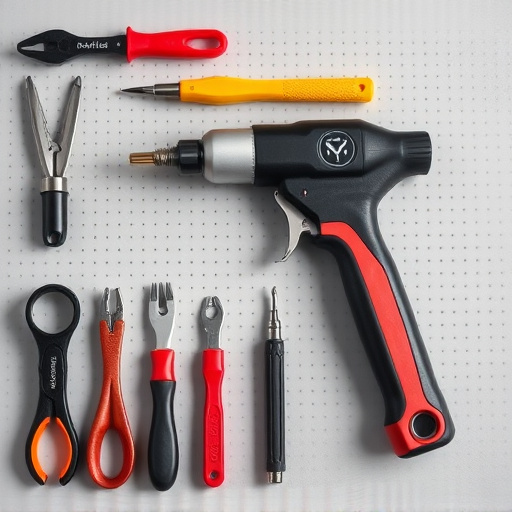
After a road accident, navigating the process of car repairs can be stressful. This is where a highway collision center steps in as a lifeline for drivers, offering a range of services tailored to get your vehicle back on the road safely and efficiently. These centers are equipped with specialized teams and state-of-the-art facilities designed to handle even the most complex auto body damages.
From initial assessments and safety inspections to intricate car bodywork repairs and paintless dent repair techniques, highway collision centers provide comprehensive solutions. Their experts can expertly fix everything from minor dents and scratches to major structural damage. Additionally, many of these centers offer convenient drop-off and pick-up services, ensuring your experience is as hassle-free as possible during what can be a challenging time.
Steps After Arriving at the Collision Center
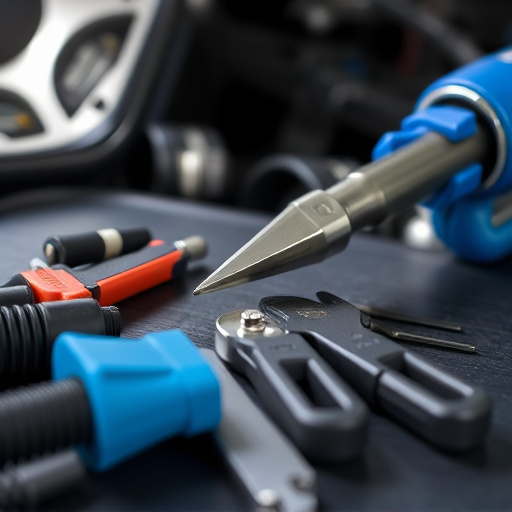
Upon arriving at the highway collision center, the first step is to ensure everyone’s safety and call emergency services if necessary. Next, assess the damage to your vehicle and document it through photos. This detailed record will be crucial for insurance claims later on. It’s important to remain calm and collected throughout this process, as it can be emotionally taxing.
Once inside, seek assistance from a collision center representative who can guide you through the next steps. They may initiate an inspection of your vehicle to determine the extent of the damage. This is when discussing options for repair becomes relevant—whether it’s a straightforward fix or a more complex process involving classic car restoration for vintage models like a Mercedes-Benz. The center’s auto repair services should offer transparent quotes and recommendations tailored to your vehicle’s needs, ensuring you’re well-informed throughout the entire experience.
Support and Resources for Emotional Recovery
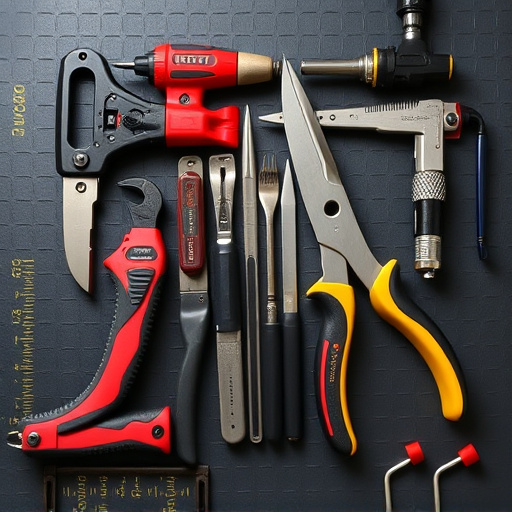
After a car accident, emotional recovery is just as important as physical repairs. A highway collision center doesn’t stop at fixing damaged vehicles; it extends its support to help individuals navigate the aftermath of a crash. Many centers offer resources for mental health, recognizing that accidents can trigger anxiety, stress, and trauma. These services may include counseling or referral networks to assist drivers in processing their experiences and rebuilding emotional resilience.
Additionally, while services like scratch repair, vehicle dent repair, and car paint services are crucial for restoring physical appearance, emotional recovery is essential for overall well-being. A supportive environment that provides not just car repairs but also care for the mind can make a significant difference in one’s ability to move forward after an accident.
A visit to a highway collision center is often a stressful event, but understanding the process and available support can make all the difference. By familiarizing yourself with the services offered and taking the necessary steps after an accident, you can navigate this challenging time more effectively. Remember that emotional recovery is just as crucial as physical repairs, so utilizing the resources provided by these centers to support your well-being is essential. With the right guidance, you can emerge from this experience with your vehicle and mental state both on the road to restoration.
